Chapter 15
A House Dividing: 1840–1861
By Boundless
The Fugitive Slave Act, passed in 1850, caused controversy and contributed to Northern fears of a 'slave power conspiracy'.
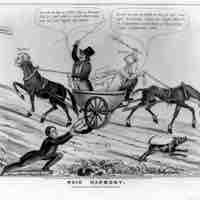
The Wilmot Proviso would have banned slavery in any territory acquired from the Mexican War.
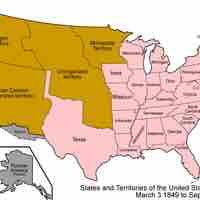
The Compromise of 1850 left the question of slave versus free states to popular sovereignty.
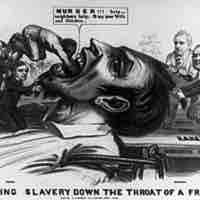
The Kansas-Nebraska Act of 1854 mandated that popular sovereignty would determine the slave or free status in the region.
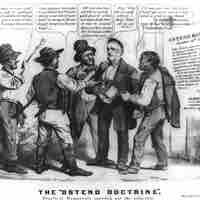
The 1854 Ostend Manifesto justified the right of the United States to annex Cuba and implicitly justified war if Spain refused to sell the island.
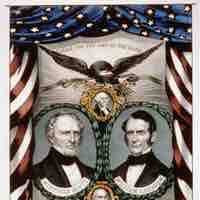
The presidential election of 1852 was the last time the Whig Party nominated a candidate; the party collapsed shortly thereafter.
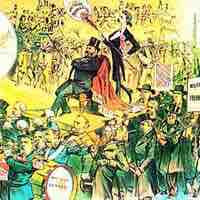
The Republican Party was formed out of a loose coalition of Northern ex-Whigs who resented Southern political power.
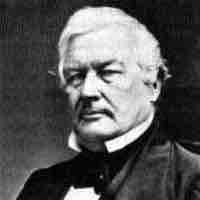
The Whigs and Democrats were in opposition to each other from 1840 to 1861, but both encountered intraparty sectionalism over slavery.

The election of 1856 demonstrated the extremity of sectional polarization in U.S. national politics.
Increasing sectional polarization pushed most Americans into two distinct political camps on the eve of the 1860 presidential election.
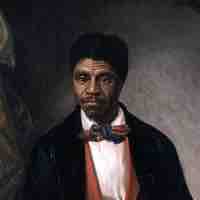
In Dred Scott v. Sandford, the U.S. Supreme Court ruled that slaves were not protected by the Constitution and were not U.S. citizens.
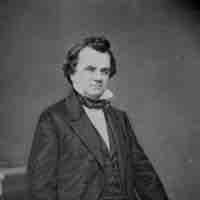
The Lecompton Constitution, drafted by proslavery factions, was a state constitution proposed for the state of Kansas that rivaled the constitution proposed by the Free-Soil faction.
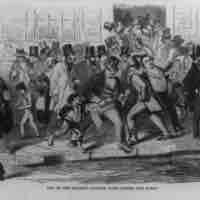
The Panic of 1857 was a financial crisis in the United States caused by the overexpansion of the domestic economy.
The Lincoln-Douglas debates of 1858 helped Lincoln rise to national prominence and secure the Republican presidential nomination in the election of 1860.
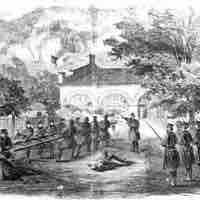
John Brown, a radical abolitionist from the North, led an attack on the federal arsenal Harper's Ferry in 1859.
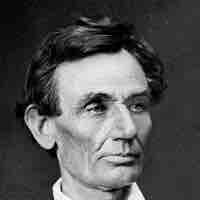
The presidential election of 1860 often is considered the immediate impetus for the outbreak of the Civil War.
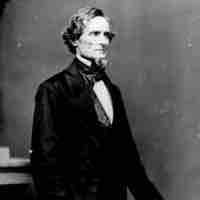
Seven Deep South states passed secession ordinances by February 1861 in the aftermath of the 1860 presidential election.